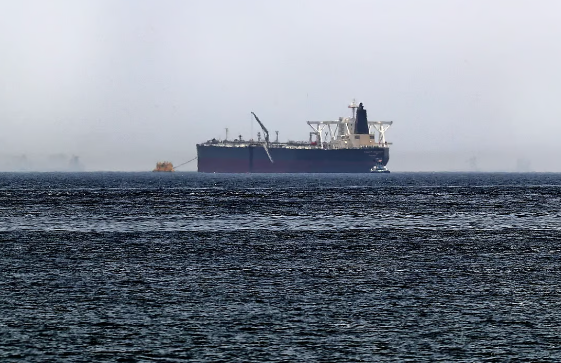An Israeli delegation involved in negotiations for the next phase of the Gaza ceasefire has returned from Doha, Prime Minister Benjamin Netanyahu’s office confirmed on Monday. The talks, brokered by Egypt and Qatar, aim to build on last month’s multi-phase ceasefire agreement and hostage-prisoner exchange. However, growing mistrust between the parties has cast doubt on the process, raising concerns about the future of the fragile truce.
The delegation’s return comes amid reports of stalled progress in the discussions, which are intended to outline the terms for the second stage of the ceasefire. A Palestinian official close to the negotiations cited a lack of confidence between the two sides as a major obstacle, with both Israel and Hamas accusing each other of violating the terms of the initial agreement.
The ceasefire, which began on January 19 and is set to last 42 days, included the release of 33 Israeli hostages in exchange for hundreds of Palestinian prisoners and detainees, as well as the withdrawal of Israeli forces from certain positions in Gaza. However, halfway through the truce, tensions have escalated, with each side accusing the other of failing to uphold their commitments.
Complicating matters further are recent statements by US President Donald Trump, who suggested that Palestinians should be relocated from Gaza to allow for the development of the coastal enclave as a waterfront real estate project under US control. Netanyahu’s endorsement of these remarks during his recent visit to Washington has drawn criticism, particularly from Egypt, where security sources accused Israel of obstructing the ceasefire process. Egyptian officials pointed to delays in troop withdrawals and ongoing aerial surveillance as evidence of Israel’s reluctance to fully comply with the agreement.
The first phase of the ceasefire has seen 16 of the 33 Israeli hostages released, along with five Thai nationals in an unscheduled move. In return, Israel has freed hundreds of Palestinian prisoners, including those serving life sentences for deadly attacks and individuals detained during the war without charge. However, Hamas has accused Israel of failing to meet its obligations regarding the delivery of humanitarian aid into Gaza, a key condition of the initial agreement. Israel has denied these allegations, countering that Hamas has violated the terms by altering the order of hostage releases and staging inflammatory public displays during handovers to the Red Cross.
The emaciated appearance of three recently released hostages—Ohad Ben Ami, Eli Sharabi, and Or Levy—has further fueled public outrage in Israel, complicating efforts to advance the deal. Their condition has heightened skepticism about Hamas’s treatment of captives and intensified calls for accountability.
As talks on the second phase of the ceasefire continue, the path forward remains uncertain. The release of the remaining hostages and the full withdrawal of Israeli forces from Gaza are central to the negotiations, but the lack of trust between the parties threatens to derail the process. With both sides entrenched in their positions, the international community faces an uphill battle to mediate a resolution and prevent a return to hostilities.
For now, the ceasefire holds, but the fragile truce underscores the challenges of achieving lasting peace in a conflict marked by decades of mistrust and competing narratives. As the world watches, the stakes for both Israelis and Palestinians could not be higher.



